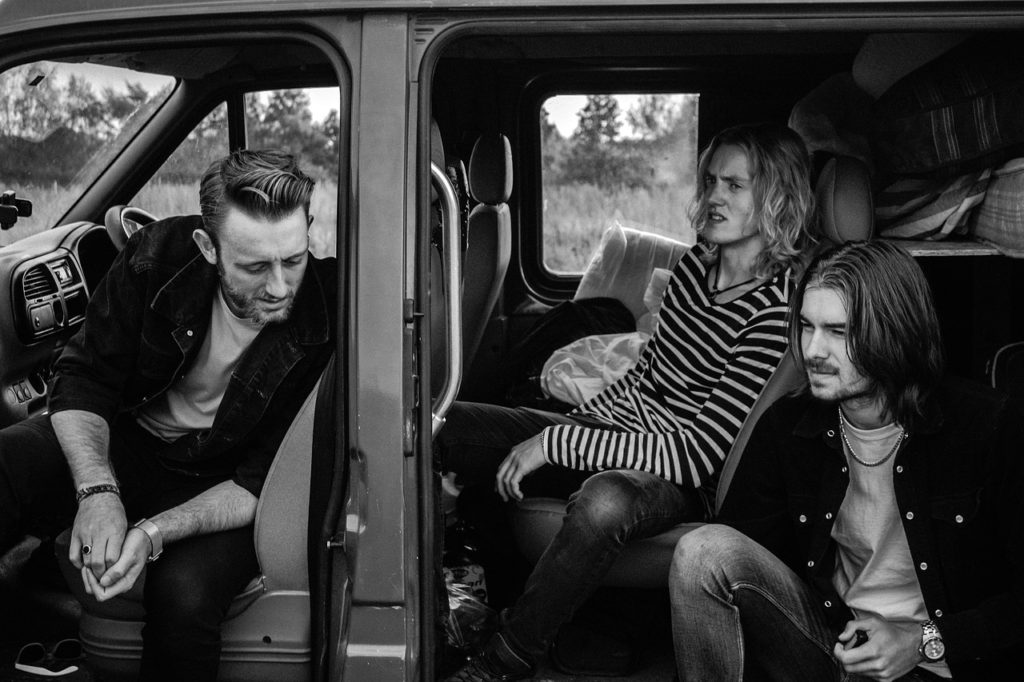If you’ve been in Costa Rica for a while, whether you speak Spanish or not, you may have picked up on the word “mae”. It sounds an awful lot like “my”. My oh my, what is it with this word?
Mae, You Look Like a Dude to Me
Mae most simply is translated as “dude” or “man”.
Mae is another word that you can almost figure out its meaning just by the sound of it. Especially since it rhymes with “guy”. Men use this word more than women, although it’s gained popularity among females in the same way a female may call her female friend “dude” or “dudette”.
However, you’ll never find a guy calling a female mae. At least you shouldn’t.
How to Use the Word Mae
You can use the word mae when talking directly to someone (that you have an established friendship with) or as a casual pronoun meaning him.
Examples: “Hi, mae, how’s it going today?”—“Diay, mae, cómo vas? Cómo estás?”
“Some strange mae just walked by the window, did you see that?”
Mae is a Very Casual Word
When you use the word mae, be sure to keep it among your casual friends. Please don’t call your boss, your supervisor, your teacher, a priest or your future father-in-law “mae”. To do so would be lacking respect. It’s not a vulgar word, it’s simply too casual in this situation. Would you call your boss “dude”?
Do not call elderly gentlemen maes, either. They are simply señores.
Use appropriately.
Overuse of the Word Mae
Have you ever heard somebody use the “f-word” in every sentence? You know who I’m talking about. And it’s terrifying.
Well, this happens in Costa Rica with the word “mae” as well. For example, “Hey, mae, what’s happening? Mae, I had a terrible day at work, mae. Mae, the boss was up my ass every second of the day, mae. Mae let’s go get a beer.”
It’s painful to listen to.
Don’t be that mae, okay?






Hi there! I love your blog. It’s fascinating to see how you explain everyday things from Costa Rican culture. As a Costa Rican myself, I’ve seen the word most used between close friends but that really depends. People who I never met before call me that, but I got used to it and don’t really think they’re disrespecting me when saying it. I heard that the word “mae” comes from an abbreviation of “maje”, which it’s used the same way in different countries, for example Nicaragua. We dropped the “j” and it became our way to talk to other people. The word “mae” also can have a different meaning depending on the context, it can also be used for someone who is playing dumb or ignoring someone else. For example, if I’m in a restaurant and I’m trying to wave the waiter so he can come to my table and he blatantly ignore me. I would say “lo estoy llamando pero se hace el mae” which directly translates to “I’m calling him but he’s (ignoring me/playing dumb)”. Granted, it’s better to say it when you’re around close friends.
Hi Marco, thank you for your kind words about the blog, that truly means a lot of to me. I hope to dedicate more time this year to crafting new articles because I have a list of dozens of topics to get to. Also, I totally agree with your comments about mae, and thanks for pointing out the reference to “maje”, you’re exactly right! And I like your example about playing dumb, I have indeed heard that usage of the word as well. I have known people to use the word several times in the same sentence and it always makes me laugh, but in a good way. For people learning Spanish in Costa Rica, getting an idea of what some of these regional words mean can make a huge difference, and make them feel like a part of the conversation with their new friends.